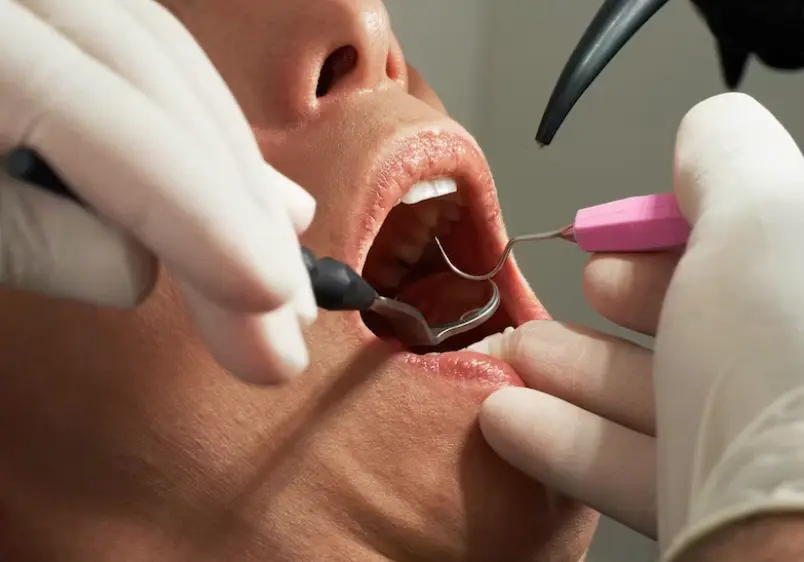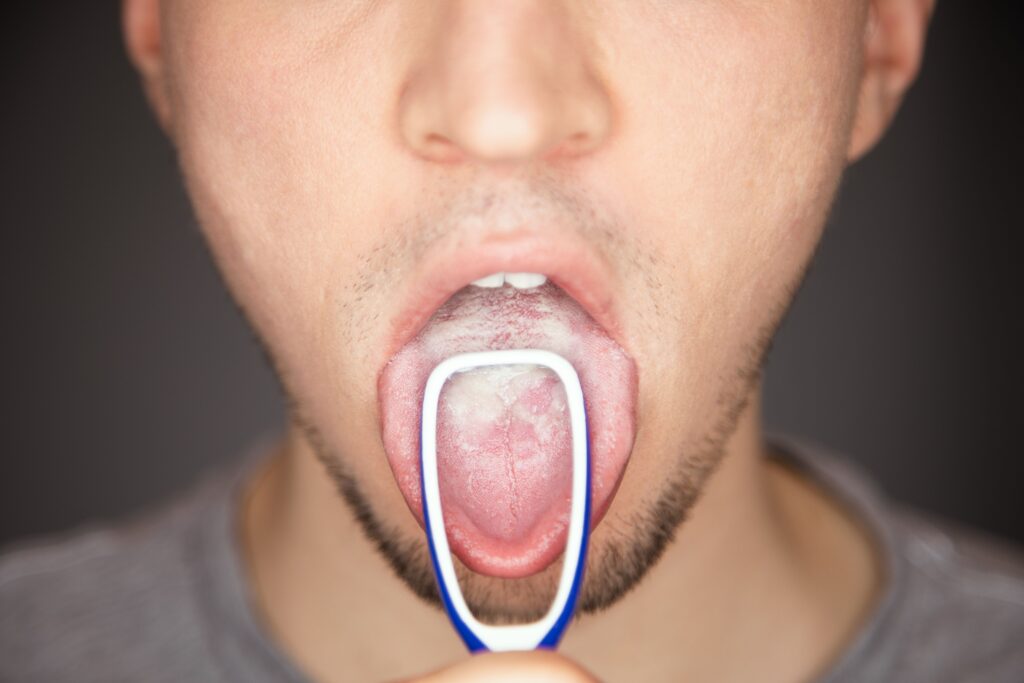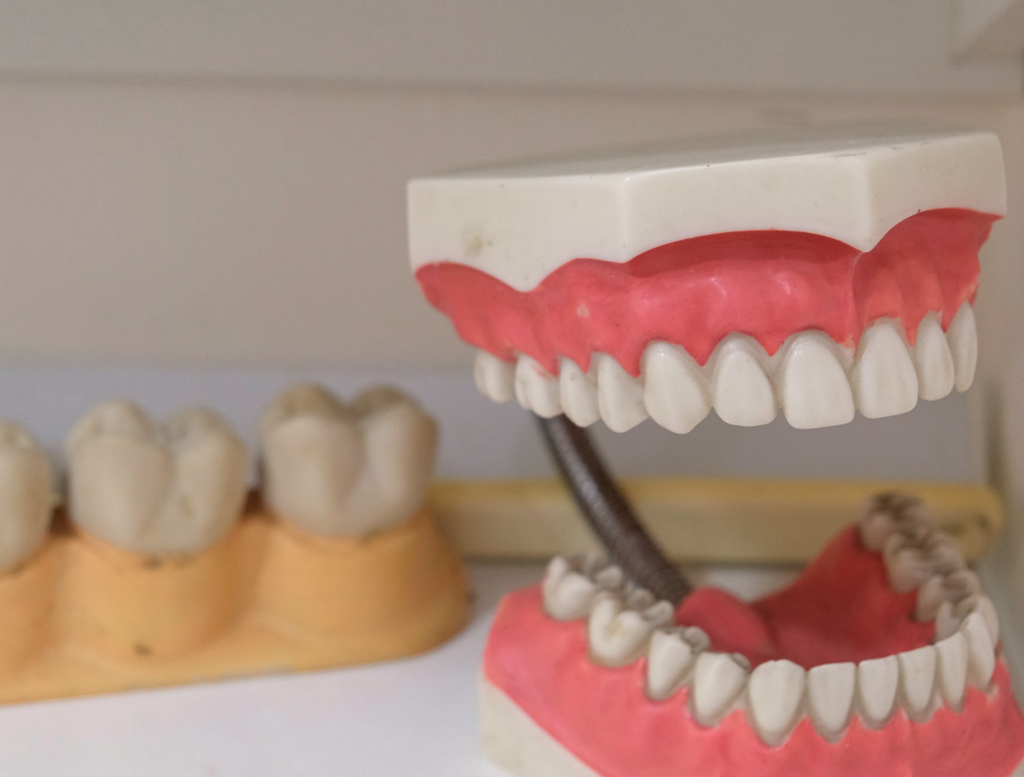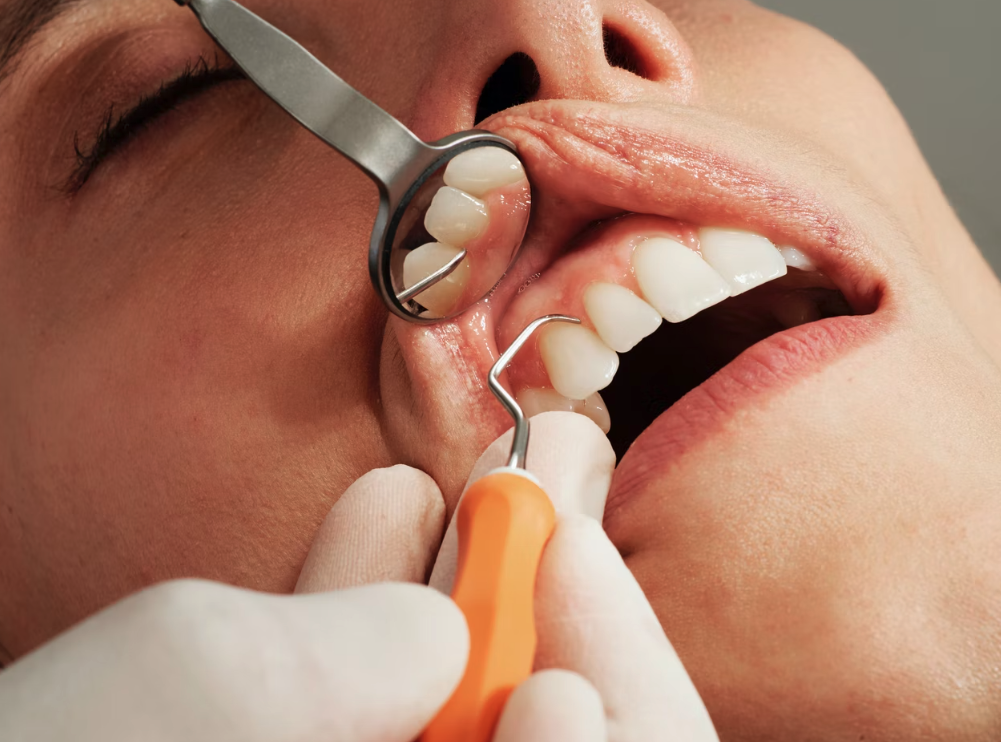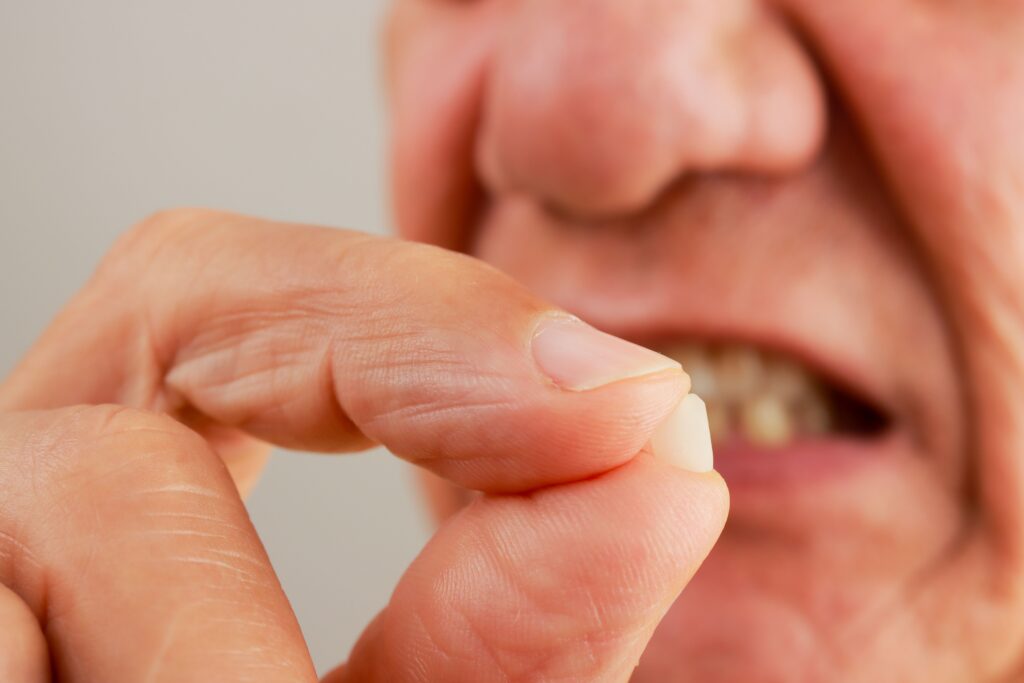Do you ever wonder if your dentist can tell if you’ve been slacking on your flossing routine? Many of us have been there, sitting in the dental chair, hoping our neglect hasn’t been too obvious. But can dentists really tell if you haven’t been flossing? In this article, we’ll explore how dentists can detect flossing habits, what signs they look for, and why it’s crucial to be honest with your dental care provider.
Contrary to popular belief, dentists can often discern whether you’ve been flossing regularly or not. While they may not have a magical tool that instantly reveals your flossing habits, they can identify telltale signs during routine examinations.

How Can Dentists Tell You Haven’t Flossed?
Dentists are trained to recognize various indicators of poor oral hygiene, including lack of flossing. One primary clue is the presence of plaque and tartar buildup between teeth and along the gumline. When you don’t floss, plaque accumulates in these hard-to-reach areas, leading to inflammation, gum disease, and eventually, visible tartar deposits.
What Do Gums Look Like When You Don’t Floss?
Healthy gums should appear pink and firm, with no signs of swelling or bleeding. However, when you neglect flossing, plaque and bacteria can cause irritation and inflammation of the gum tissue, leading to gingivitis and, if left untreated, periodontal disease. Dentists may observe swollen, red gums that bleed easily during probing or gentle manipulation—a clear indication of inadequate flossing habits.
Why It’s Important to Be Honest with Your Dentist
Being honest with your dentist about your oral care habits is crucial for several reasons. Firstly, it allows them to provide personalized advice and recommendations tailored to your needs. If you’re struggling with flossing or experiencing discomfort, your dentist can offer guidance on proper technique, alternative tools, and potential underlying issues contributing to your reluctance.

Moreover, honesty fosters trust and open communication between you and your dental care provider. By disclosing your flossing habits (or lack thereof), you enable your dentist to accurately assess your oral health and address any concerns proactively. This transparency can lead to more effective treatment outcomes and better long-term oral hygiene.
Tips for Maintaining a Healthy Smile
- Commit to Daily Flossing: Make flossing a non-negotiable part of your daily oral care routine. Aim to floss at least once a day, preferably before bedtime, to remove plaque and food particles trapped between teeth.
- Use Proper Technique: Proper flossing technique is essential for effective plaque removal and gum health. Remember to gently glide the floss between teeth, curve it around the base of each tooth, and avoid snapping or forcing it against the gums.
- Consider Alternative Tools: If traditional flossing isn’t your favorite, explore alternative tools such as interdental brushes, water flossers, or floss picks. Find a method that feels comfortable and convenient for you to maintain consistency.
- Schedule Regular Dental Checkups: Routine dental visits are vital for monitoring your oral health, detecting any issues early, and receiving professional cleanings to remove stubborn plaque and tartar.
Conclusion
In conclusion, while it may be tempting to fib about your flossing habits, honesty truly is the best policy when it comes to dental care. Dentists can indeed tell if you haven’t been flossing, and the consequences of neglecting this crucial aspect of oral hygiene can impact your overall dental health. By being forthright with your dentist, you empower them to provide personalized guidance and support to help you achieve and maintain a healthy, beautiful smile for years to come. Remember, your dentist is there to help you—not judge you—so don’t hesitate to discuss any concerns or challenges you may have with your oral care routine.


